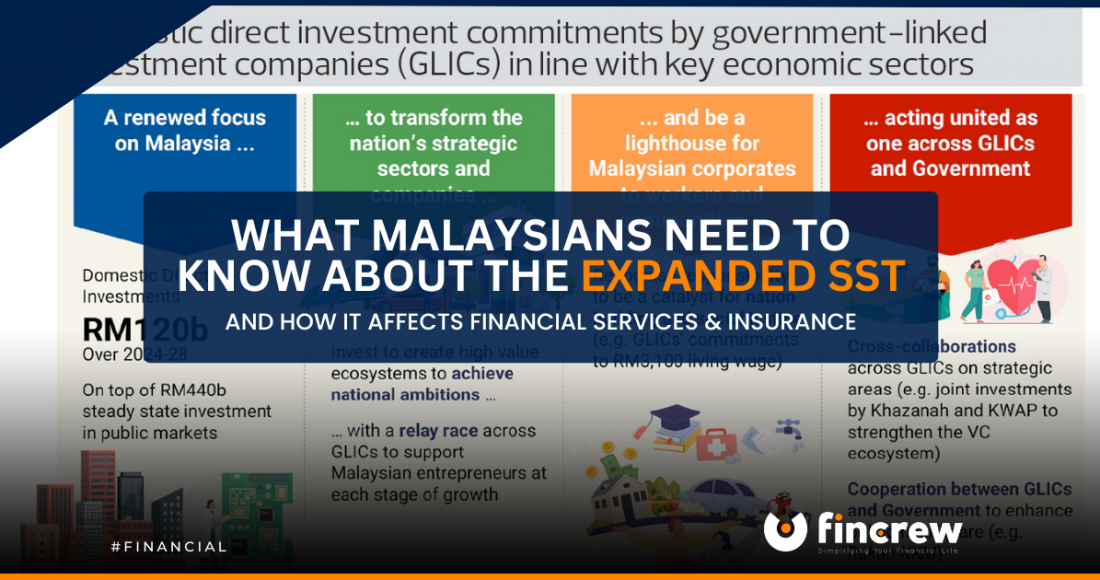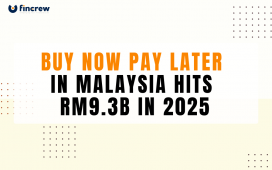As Malaysia rolls out an expanded Sales and Service Tax (SST) regime from 1 July 2025, many consumers and business owners are bracing for price changes. But beyond groceries and gadgets, the financial and insurance sectors aren’t spared either. Here’s what you need to know.
What Is Happening?
The Ministry of Finance has introduced several updates under the revised SST structure:
- Goods are now taxed at 0%, 5%, or 10%, depending on their essentiality.
- Services, including financial, rental, construction, education, healthcare, and beauty services, are now subject to higher SST rates—ranging from 6% to 8%.
While essential goods like chicken, vegetables, rice, milk, and medicines remain zero-rated, it’s the services—particularly financial and insurance-related—that have drawn attention.
SST & Financial Services: What’s Changing?
Starting 1 July 2025, financial services that operate on a fee or commission-based model will now be subject to 8% SST. This includes services provided by banks, investment platforms, and yes—insurance providers.
But not all financial services are affected:
Exempted from SST:
- Basic savings and checking accounts
- Interest/profit-based Islamic financing
- Capital market gains (e.g., forex and stock trading profits)
- Outward remittance fees
- Insurance underwriting/brokerage services for life, medical & family takaful
- Services for Bursa Malaysia and Labuan
This means that your insurance premium itself (especially for life or medical insurance) may not see a direct tax, but associated administrative fees, commissions, or additional services (such as advisory or service handling charges) could be affected by the 8% SST.
What About Other Insurance-Adjacent Services?
Insurance is often bundled with other services or financial tools. Here’s where SST might impact your experience:
- Insurance claim advisory services: Could be taxed if provided as paid consultation.
- Wealth planning with insurance-based instruments: Subject to SST if commissions or service fees are involved.
- Car leasing with bundled insurance: The leasing component may now carry an 8% service tax.
What Should You Do as a Consumer?
- Review Your Policies
Ask your insurer if any new service charges will be introduced in light of the SST changes. - Understand Your Costs
Clarify whether your premiums include administrative fees that may now be SST-inclusive. - Be Aware of Exemptions
If you’re covered under a life or medical plan, it’s likely your protection remains SST-free—but any value-added services or changes might be taxed. - Shop Smart
Use tools like Fincrew’s insurance comparison platform to evaluate how SST changes are reflected across providers.
Why This Matters?
With the cost of living already rising, even small changes in financial service fees can impact your budget. While SST is meant to widen the tax base without burdening the B40 directly, the accumulated cost from services—insurance included—can quickly add up for the middle-income group.
Final Thoughts
The SST expansion marks a new phase in Malaysia’s fiscal policy. While it tries to protect essential goods and basic services, financial literacy and awareness are more critical than ever. At Fincrew, we’re committed to keeping you informed so you can continue to make smart financial decisions—even in a changing tax environment.





